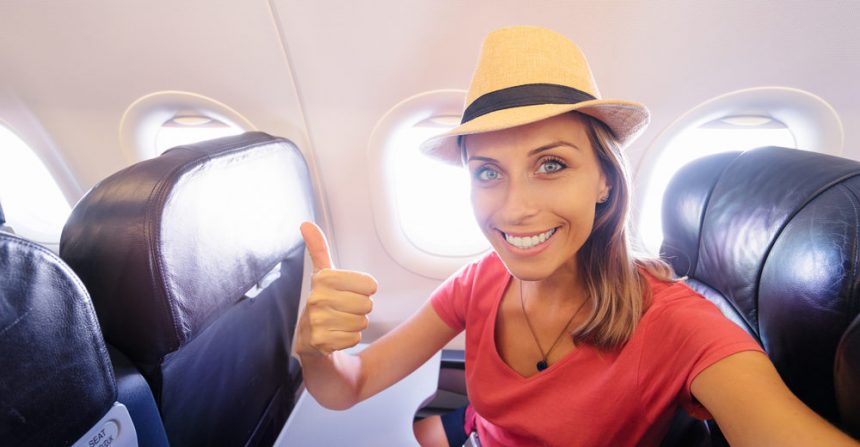More than 300 million people travel on over-seas flights (generally more than four hours) each year. Sitting for a few hours is a risk factor to create Blood Clots in your lower extremities and your lungs. Prolonged travel appears to confer a two- to fourfold increase in risk of venous clot.
Deep venous thrombosis (DVT) is clotting of blood in a deep veins of an extremity (usually calf or thigh) or the Hip. DVT is the primary cause of pulmonary embolism because the clot may dislodge and travel to the lungs to cause a pulmonary embolism.
Common risk factors for DVT in addition of Long distance flights include:
- History of immobilization or prolonged hospitalization
- Recent surgery or trauma
- Obesity
- Previous venous thromboembolism (VTE)
- Malignancy
- Use of oral contraceptives or hormone replacement therapy
- Pregnancy or postpartum status
- Stroke with paresis or immobility
- Age >65 years
- Family history of Vein thrombosis
- Heart failure
- Inflammatory bowel diseaseWhat are the symptoms of DVT?

The signs and symptoms of DVT may be caused by a clot, or may be related to another condition.
About half of people with blood clot have no symptoms at all.
The following are the classic symptoms of blood clot that occur in the affected part of the body (usually the leg or arm):
* Swelling of the leg or arm
* Pain or tenderness that you can’t explain
* Skin that is warm to the touch
* Redness of the skin
Symptoms of a Pulmonary Embolism can include:
* Difficulty breathing
* Faster than normal or irregular heartbeat
* Chest pain or discomfort, which usually worsens with a deep breath or coughing
* Anxiety and irritability
* Coughing up blood
* Lightheadedness, or black out attacks
If you have any of these symptoms, seek medical help Immediately
How to prevent against DVT?

There are a few tips that may be of benefit during flights longer than five hours:
* Stand up and walk around every hour or two
*Wear loose-fitting, comfortable clothing
*Flex and extend the ankles and knees periodically, avoid crossing the legs, and change positions frequently while seated
*Consider wearing knee-high compression stockings
*Avoid medications (eg, sedatives, sleeping pills) or alcohol, which could impair your ability to get up and move around
By Dr. Fatemeh Aghanasiri, M.D. (MCC) – Medicentres


Leave a Reply